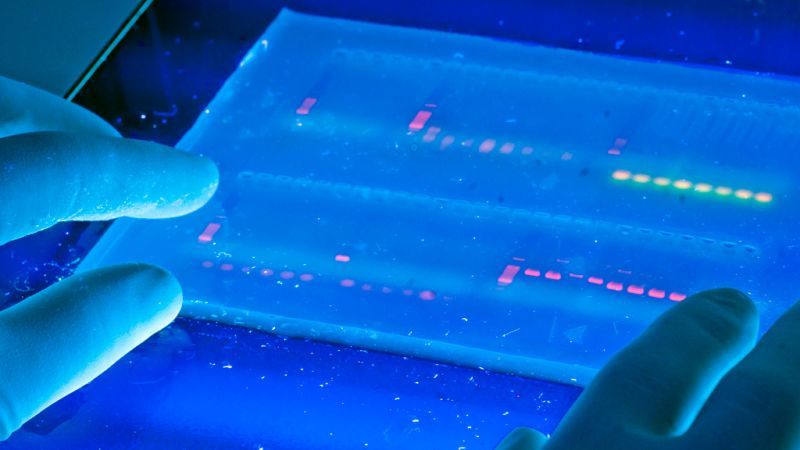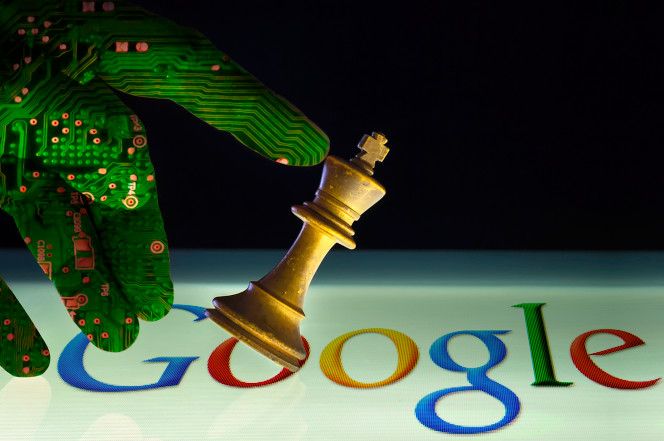Dec 7, 2017
A Modified CRISPR Could Treat Common Diseases Without Editing DNA
Posted by Montie Adkins in categories: bioengineering, biotech/medical, genetics
It worked. Working with mice, they were able to reverse the disease symptoms of kidney disease, type 1 diabetes, and a form of muscular dystrophy. In the mouse with kidney disease, for example, they turned on two genes associated with kidney function and saw the kidney function improved.
The unassumingly named CRISPR/Cas9 is a technology that stands to remake the world as we know it. By allowing scientists to more easily than ever cut and paste all those As, Cs, Ts, and Gs that encode all the world’s living things, for one thing, it could one day cure many devastating diseases.
All that power, though, comes with one pretty sizable caveat: Sometimes CRISPR doesn’t work quite like we expect it to. While the scientific establishment is still embroiled in a debate over just how serious the problem is, CRISPR sometimes causes off-target effects. And for scientists doing gene editing on human patients, those mutations could wind up inadvertently causing problems like tumors or genetic disease. Yikes.
Continue reading “A Modified CRISPR Could Treat Common Diseases Without Editing DNA” »





 Dear Reader: I believe in Bitcoin. Yet, there is a “But” in the last paragraph below…
Dear Reader: I believe in Bitcoin. Yet, there is a “But” in the last paragraph below…












